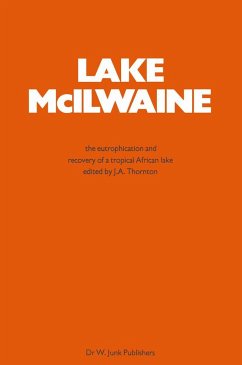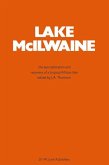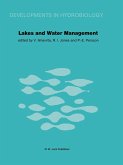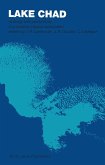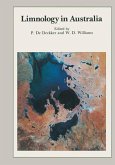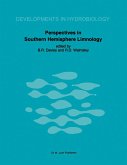'And God said, Let there be a firmament in the midst of the waters, and let it divide the waters from the waters. ' Genesis 1:6 Lake McIlwaine is a man-made lake. It was formed in 1952 by the Hunyani poort Dam and is situated on the Hunyani River some 37 km southwest of Salisbury* in the Republic of Zimbabwe**. It is a lake of many aspects: being a popular recreational site, the City's primary water supply reservoir (and the fourth largest impoundment in Zimbabwe), a source of irrigation water to downstream farms, an important fishery, and, until the 1970s, the receptacle of Salisbury's sewage effluent. It is, in short, typical of so many 'urban' lakes in Africa and throughout the world. Lake McIlwaine is also unique, to my knowledge: being amongst the first of the major man-made lakes on the continent to suffer from what is known as cultural eutrophication, and the first to be r:ehabilitated to a mesotrophic state through a rational programme of lake management. This volume synthesizes this process of eutrophication and recovery in terms of the geology and geography (Chapter 2), physics (Chapter 3), chemistry (Chapter 4) and biology (Chapter 5) of the lake, and, whilst discussion of the trophic relationships between these components is beyond the scope of this monograph, discusses its utilisation, conservation and management (Chapter 6). * Subsequent to writing, the name of the Zimbabwean capital was changed to Harare on 18 April 1982. - Ed.
Hinweis: Dieser Artikel kann nur an eine deutsche Lieferadresse ausgeliefert werden.
Hinweis: Dieser Artikel kann nur an eine deutsche Lieferadresse ausgeliefert werden.

